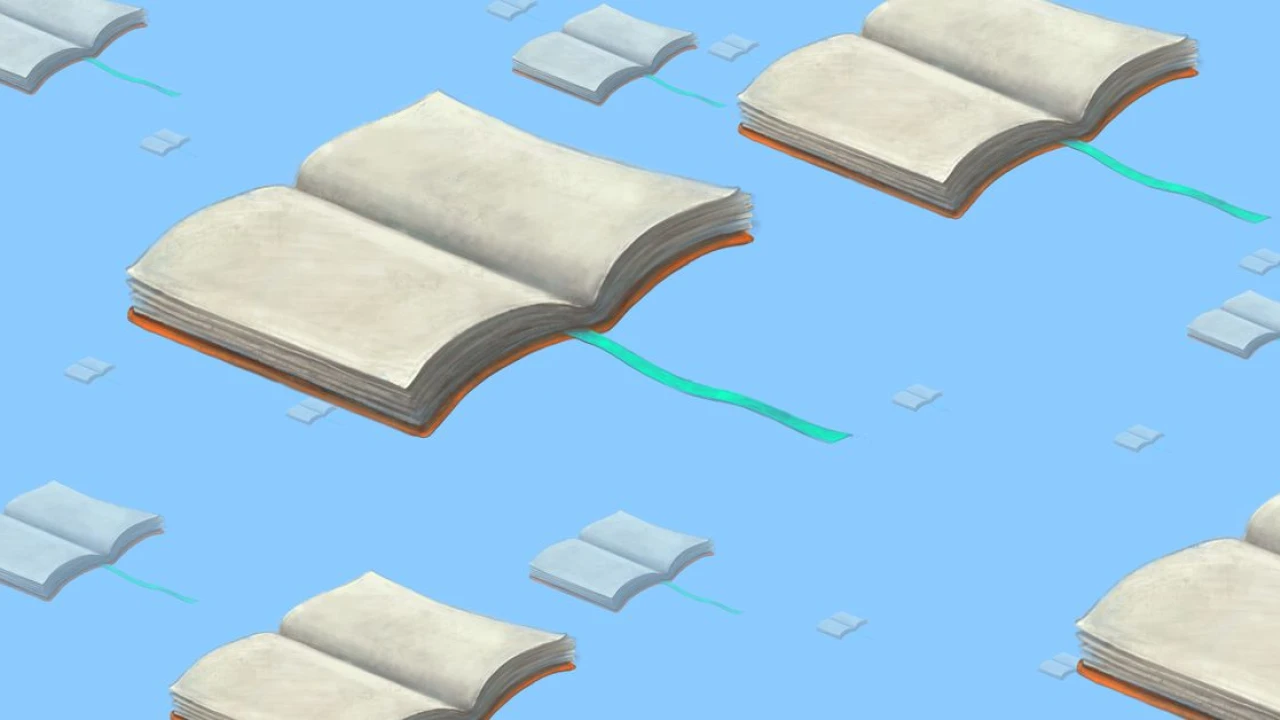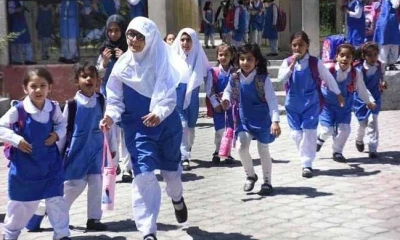Regional
A reading guide for grownups who don’t read
A reading guide for grownups who don’t read.

A question I occasionally come across browsing through the bookish internet: I haven’t read a book since high school. I’m thinking of trying one. Where do I start?
Or maybe: I got through high school on Sparknotes and bullshit, so I’ve never read a book from cover to cover in my life. I’m interested in seeing what happens if I read an actual book. What should it be?
There seems to be, for one reason or another, a surprising number of adults in the world who are literate and fully capable of reading a book, but who have chosen not to for a long time. They might have fallen out of the habit during lockdown, when the idea of giving something sustained attention felt impossible; or after they left school, when no one was forcing them to read; or perhaps they never found the habit of reading whole books in the first place.
“You have people who just were reluctant readers their whole life and never read,” says Marvin DeBose, manager of the Haverford branch of Philadelphia’s Free Library system. “And then it sometimes happens that as you get older, your peers start talking about ‘I’m in a book club’ and stuff like that. People read at church. That’s what gets them back to reading as they get older.”
“There’s screen fatigue and scroll fatigue, so even people who typically might be inclined to read digitally are finding print again,” says Emily Pullen, manager of reader services at the New York Public Library. “They’re craving something that they can still get entertainment and storytelling from, but they don’t have to be looking at a screen for it.”
If you’re coming back to books for the first time in a long time, or even the first time ever, the idea of sitting down with a whole novel might seem more than a little overwhelming.
That’s why we’re here. I talked to librarians about the strategies they use to help readers introduce themselves to books, whether it’s for the first time in a long time or the first time, period. Here’s how they go about it.
Know what’s put you off reading in the past
If you have a history of not enjoying reading, it’s helpful to know what it is you didn’t like about it, so you know what to avoid while you plan your next move.
“I might ask someone in that situation if they disliked reading in school,” says Pullen. “Ask yourself what it is you didn’t like. Was it just that it was required and therefore you didn’t want to do it? Is it because it was boring, it was too slow, it was too academic? Trying to figure out what it is that someone didn’t like about a book, that can help us to start figuring out what the next best suggestion might be.”
If you tapped out of books after eighth grade because To Kill a Mockingbird was just way too twee for you, a good librarian or bookseller can use that information to steer you away from nostalgic historical novels about plucky children and toward something with a little more edge. If the thing you didn’t like about reading in school is simply that it was required, you might get a kick out of reading something that feels especially rebellious to start things off.
Know what you like in other media
“People come to me all the time and say they don’t read anything and are trying to look for something to read,” says DeBose. “What I do first is try to find out their interests. What I found out is that if you find a book about something that interests you, that will mean you’ll read more.”
This strategy doesn’t mean you need to read nonfiction to find your way back into books. You can also think about what you like in TV and movies and video games.
“More often than not these days, TV shows are based on books,” says Pullen. “So you can read the books that are in that series, whether it’s Bridgerton or Game of Thrones. Or if you don’t want to read Bridgerton specifically, you can try a book by the same author, and that might be a way to start realizing that good storytelling is good storytelling.”
“They have a lot of books that tie in to movies,” DeBose adds. “If you can find a movie that they’re interested in, a movie that they saw in the past and you can tie in to a book, then that’s a great source right there.”
You might also find that some of the people you like in other media have written their own books.
“If you listen to podcasts, find out if the hosts have published books,” advises Pullen, “because even though it’s a longer form, the voice often will feel immediately familiar. It will be a softer way to build up the muscles back into reading.”
Start small, and don’t be afraid to play with formats
Reading a book requires some sustained attention, and as the cliché goes, attention is a muscle. It requires exercise. If you’re just dipping back into reading, go slowly. There’s no need to set yourself up for failure by trying a book that’s too long for you to deal with right now.
“Don’t immediately jump into an 800-page tome just because your best friend says it’s their favorite book,” says Pullen. “Whether it’s a classic or not — maybe it’s even a page-turner like Stephen King. Starting with something that big could definitely be an intimidating way to go.”
Luckily, she notes, shorter books like novellas and standalone short stories are having a moment these days. “Be a little gentler on yourself,” Pullen says. “You can read something that’s still book-length, but maybe a bit more consumable.”
DeBose says he often points inexperienced readers in their late teens and early 20s toward graphic novels. Specifically, he likes G. Neri’s Yummy: The Last Days of a Southside Shorty. “It’s an easy read and correlates to some of the stuff that’s going on now. I use it all the time and I’m batting a hundred percent,” he says.
Lala Rodgers, a branch manager for the Chicago Public Library, recommends audiobooks as a good resource for people who aren’t used to reading. “They might be able to listen and read along while they’re listening,” she says. “It might be more engaging. I’m a big audiobook person myself.”
You don’t have to read along as you listen, either. You can listen to audiobooks as you do housework or drive, and that will still count as reading. Graphic novels count, too. They will both help you get back into the swing of paying sustained and active attention to a story, which is the skill you’re trying to build here.
Regardless of what approach you take to get back into reading, the most important thing you can do is ask for help.
“I firmly believe that there is a perfect book for every reader,” says Pullen. “But there are so many books right now it can be overwhelming. That’s what booksellers and librarians are for: to help you wade through the sea of so much that is published in order to find something that will speak to you.”
-

 Sports 2 days ago
Sports 2 days agoPakistan win toss, opt to field first against Zimbabwe in 1st ODI
-

 Pakistan 1 day ago
Pakistan 1 day agoPTI showdown: CIA building in Islamabad declared sub-jail
-

 Pakistan 1 day ago
Pakistan 1 day agoNon-recovery of abducted boy leads to strike across Balochistan
-

 Sports 20 hours ago
Sports 20 hours ago2nd ODI: Zimbabwe set Pakistan target of 146 runs to win
-

 Regional 1 day ago
Regional 1 day agoSecretary Schools Punjab announces winter vacation dates
-

 Pakistan 17 hours ago
Pakistan 17 hours agoPTI protesters reach D-Chowk, heavy security on alert
-

 Sports 2 days ago
Sports 2 days agoZimbabwe beat Pakistan by 80 runs through DLS method in 1st ODI
-

 Pakistan 23 hours ago
Pakistan 23 hours agoArmy called in Islamabad, ordered to shoot miscreants on site





























